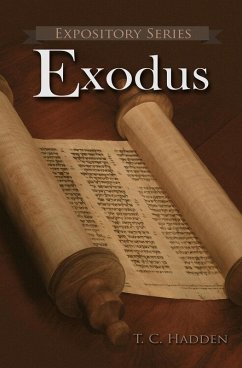Serving as a continuation of Genesis, the book of Exodus moves one from the development of God's promises given to Abraham, including the foretold servitude Abraham's seed would endure, to the birth of a covenant nation. The narrative, beginning with the bondage of Israel and culminating with the erection of the Tabernacle, reveals a new epoch that sets the tone for future Biblical history and the development of the nation of Israel. In the book of Genesis, individual men were found to garner the attention and commission of God whereas in Exodus, God's attention turns toward His firstborn son (the nation of Israel), as the generation of inheritance, that is commissioned to receive the geographical promises given to Abraham. With this transition, God moves from a transcendent Divine power to one that is engaged in relational motif's that encompass both cultural and familial ideas, such as, a Suzerain Lord, father, and even, a friend. Exodus introduces several key Biblical components such as the Tabernacle, the Sabbath, the Ten Commandments, as well as other moral and ritual laws, and various concepts that would serve as foreshadows of redemption.
Dieser Download kann aus rechtlichen Gründen nur mit Rechnungsadresse in A, B, CY, CZ, D, DK, EW, E, FIN, F, GR, H, IRL, I, LT, L, LR, M, NL, PL, P, R, S, SLO, SK ausgeliefert werden.


